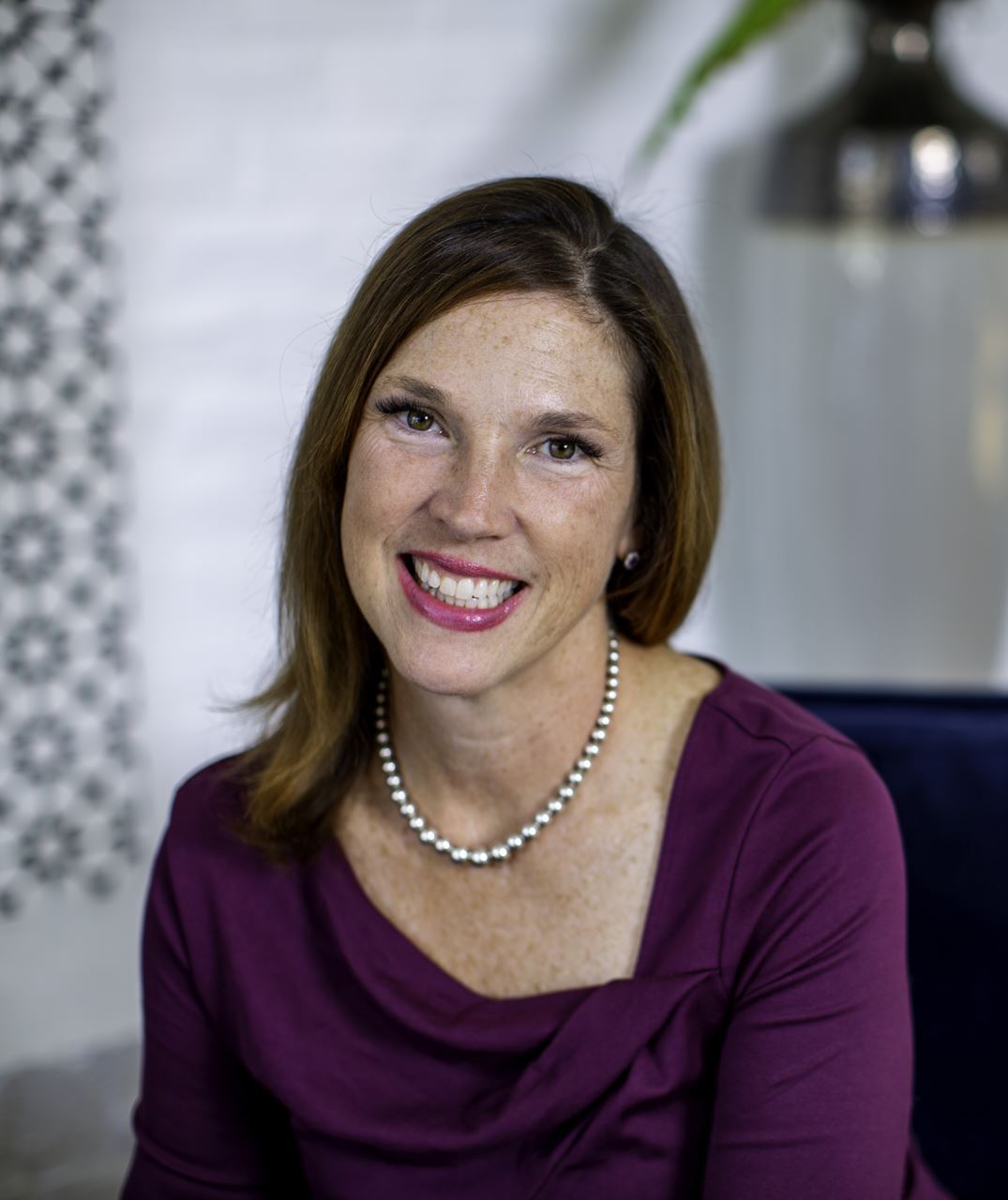Working with Neurodiverse Clients and Students
Best Practices for Career Guidance
Facilitator: Betsy Furler, MS, CCC-SLP For All Abilities
Date: Friday, January 26, 2024
Virtual on Zoom: 9:00am-12:00pm

Program Description:
Confused about Neurodiversity? Supporting others is a SNaP© when we understand and embrace our differences. Join MCDA for a ½ day virtual interactive professional development program that will help career practitioners (and other advisors/counselors/coaches) raise their awareness about working with students and clients with differences, take the fear and mystery out of how to assist individuals with neurodivergent conditions and disabilities, and help learn about the varied types of supports available. This program is in two parts and includes access to the For All Abilities SNaP (Strengths, Needs and Preferences) Assessment. Each participant will receive a personalized report via email with supports or “accommodations” that can help them evaluate their own understanding/profile of the range of neurodivergent conditions, and ultimately be more sensitive, productive, and effective practitioners. Participants will also have the opportunity to discuss and ask questions about specific cases or issues with which they need assistance.
Agenda:
Part 1: What is Neurodiversity? Dispelling the Myths through Better Understanding of the ADA and Workplace Accommodations
The ADA and “Reasonable Accommodations” can be confusing. While most people think accommodations are only helpful for the specific individual, they can benefit an entire organization when offered effectively. In order to support those with conditions such as ADHD, Autism, dyslexia and other learning differences, we must dispel the myths surrounding the inclusion of people with neurodivergent conditions in the workplace.
Part 2: Understanding Different Strengths and Needs: Case Studies with Tools and Resources Followed by Q & A
Learn how to advocate for and support individuals with disabilities or neurodivergent conditions in a way that benefits them and the organization. We will discuss several case studies and discuss tools and resources to help your students and clients be advocates for themselves in the job search and application process. Participants will also have access to the SNaP Assessment and will receive their personalized report via email. When you understand your own strengths and needs, you are more able to understand those of others and how to advocate and advise. Participants will have an opportunity for interactive break out rooms to compare and discuss their results and the recommendations and its implications to their work as career practitioners.
Participant Learning Outcomes:
- Learn what neurodiversity means and different language/terms/definitions and what language should/shouldn’t be used when talking to and about people with neurodiversity.
- Raise awareness on how to recognize and react to someone with a difference (what to do and not to do/say and not say when working with clients/students with neurodivergent conditions).
- Debunk some of the myths surrounding the inclusion of people with neurodivergent conditions in the workplace.
- Learn which conditions can be protected by the ADA and a list of examples of reasonable and innovative accommodations on ways employers can better support neurodivergent employees in the workplace.
- Identify possible barriers and challenges that students and clients with neurodivergent conditions face in the career development process (job seeking and application process, researching and evaluating a company’s workplace policies/culture as it pertains to access and ability, questions they might want to ask in an interview, what progressive companies are doing to embrace a neurodiverse workforce)
- Learn about different workplace considerations for employers and managers in working with neurodiverse employees, and how best to prepare students and clients for the workplace.
- Receive tools and resources you can utilize to support students and clients who are neurodiverse.
This program is eligible for 2.5 clock hours through NCDA for those who hold NCDA credentials.
Registration/Pricing:
Zoom (meeting)
MCDA and New England Consortium Participants: $65
All Other Participants: $75
Questions or registration issues? Contact Donna Gaspar Jarvis MCDA Fall Workshop Registration Committee
About the Speaker:
Betsy Furler is the CEO and Founder of For All Abilities, and a subject matter expert in accessibility, disabilities, education, cognition, and language. She specializes in workplace disability issues especially for employees with ADHD, Dyslexia, Learning Differences, Autism, and other forms of neurodiversity. She is passionate about maximizing tech product reach to often overlooked segments of the population. Betsy is a member of the Society for Human Resources (SHRM) Speakers Bureau and is the host of the podcasts, Your App Lady and For All Abilities: The Podcast. She has also been an invited expert for the W3C Accessibility Guidelines Working Group working on digital accessibility issues and WCAG standards. She earned a BA from Austin College in Sherman, Texas and a MS in Communication Disorders from University of Texas in Dallas, Texas. She is also a certified speech pathologist.